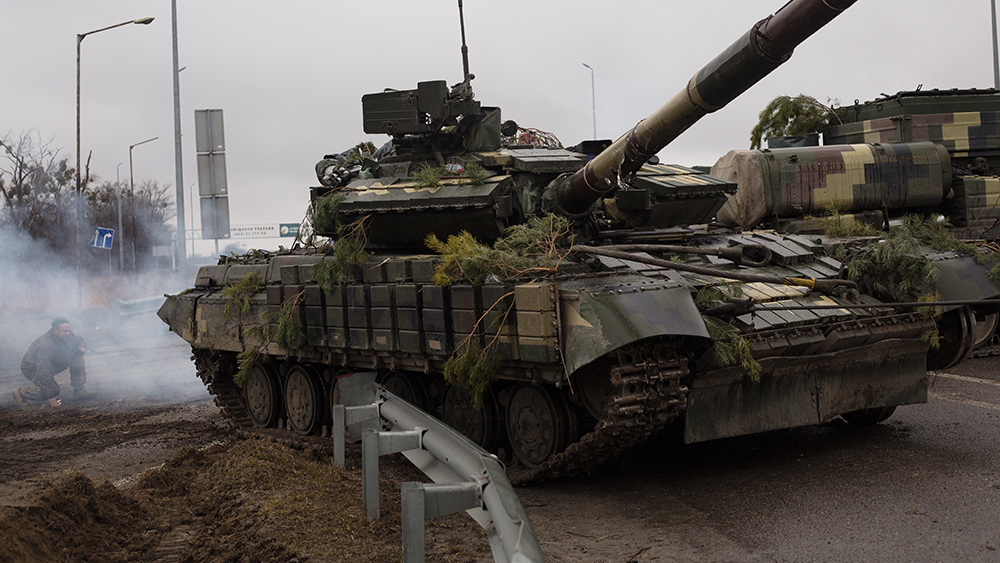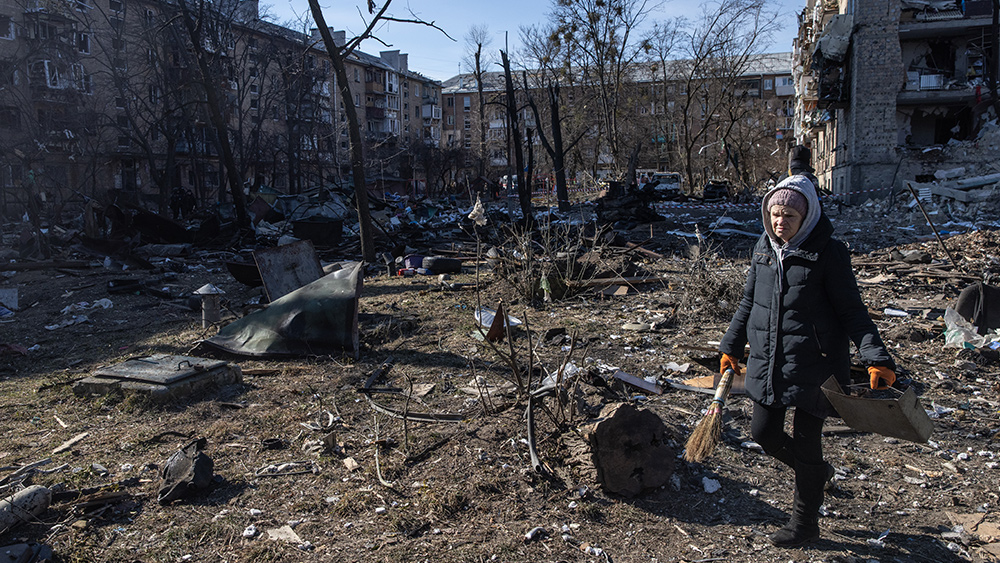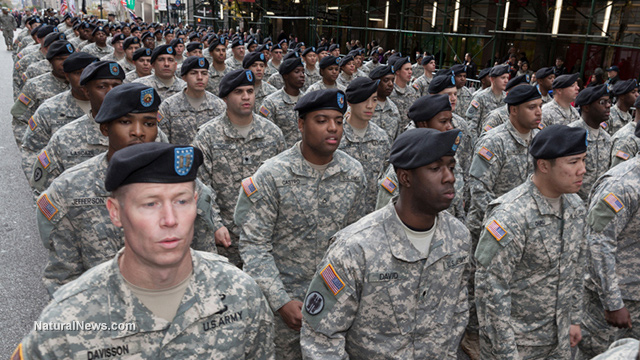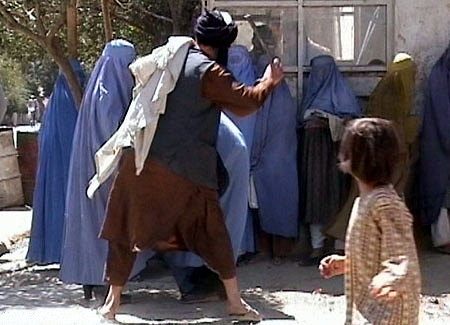
Clare Daly, in an impassioned speech in the European Parliament, did not mince words when she accused her Member of European Parliament (MEP) colleagues and the media of bias when it comes to covering wars and human suffering.
On March 2, MEPs were asked to condemn the Russian invasion of Ukraine, but Daly and 12 others voted "no."
While much of the resolution is important, MEP Mick Wallace said much of it is not important, either. It called for the strengthening of the European pillar within North Atlantic Treaty Organization (NATO) and the replacement of Russian oil with American oil, which is extracted through fracking.
Daly said she's against the resolution because it also calls for increasing weapons supply to Ukraine, which will only make the situation worse.
Clarifying a week later, she said the EU needs to put a stop to the bloodshed and hold serious peace talks.
In her speech, she shared that there had been tens of thousands of Afghani citizens forced to flee in search of food and safety. There had been five million children who face famine, resulting in agonizing and painful deaths. There had been a 500 percent increase in child marriages with many being sold to smugglers just so they and their families could survive. (Related: Trudeau makes protests for whites illegal while exempting refugees, immigrants, ethnic minorities.)
"And not a mention of it. Not here, not anywhere. No wall-to-wall TV coverage, no emergency humanitarian response, no special plenaries, not even a mention in this plenary. No Afghani delegations and no statements," Daly said.
She also said that the Afghani citizens must have been wondering why their humanitarian crisis remained so unimportant. "Is it the color of their skin? Is it that they are not white? They're not European? That their problems come from a US gun or US invasion?"
People seem to ignore other conflicts around the world
Seeing the horror in Ukraine through the eyes of children can be shameful. Adults should rethink what these conflicts are doing to innocent children all over the world. But while many are appalled by what is happening in Ukraine, they seem to ignore other conflicts.
As Daly pointed out, millions of children are scared and starving to death in Afghanistan because of the sanctions imposed by the new government. Millions are also scared and starving in Yemen, where Western arms support allowed Saudi Arabia to cripple their food supplies. Children in Syria are in the middle of a war that has been dragging on. Iraq is failing and its children are suffering.
There is starvation and fear in many places in Africa, including Nigeria, Ethiopia, Somalia and Sudan.
Moreover, too many western journalists find the Russia-Ukraine war to be more alarming because it seemed like the lives of non-Europeans have less value, with their conflicts contained far away from western civilization.
Many were appalled that this war was not happening in Iraq or Afghanistan, but in a "relatively civilized European city."
One journalist said: "These are prosperous middle-class people … these are not obviously refugees getting away from the Middle East. To put it bluntly, these are not refugees from Syria, these are refugees from Ukraine. They're Christian, they're white, they're very similar."
While these statements show a view that people tend to care more about or be more affected by events that happen closer to home, there is also much more to it. This shows that there is a general acceptance that war is natural in other places, that it only happens in poor and uncivilized places, not the well-off and stable cities. Many believe that being uprooted is part of the fate of people from developing countries, and that these people warrant less concern than people who live in developed countries. (Related: American "city refugees" fleeing urban areas to escape collapse, destruction.)
Westerners are doomed to repeat past complacencies, where they thrive in the comfort that wars and inhumanity can't happen in civilized nations because pain and suffering can only happen elsewhere to others.
Follow WWIII.news for more updates on the Russia-Ukraine crisis.
Watch the video below for more information on the refugee situation in Ukraine.
This video is from the High Hopes channel on Brighteon.com.
More related stories:
What life is like RIGHT NOW during the Ukrainian invasion.
Ukrainian man describes "hellish" 20-hour walk to Poland amid onslaught of Russian troops.
How one billion people could die in a NATO war against Russia.
Sources include:
Please contact us for more information.





















